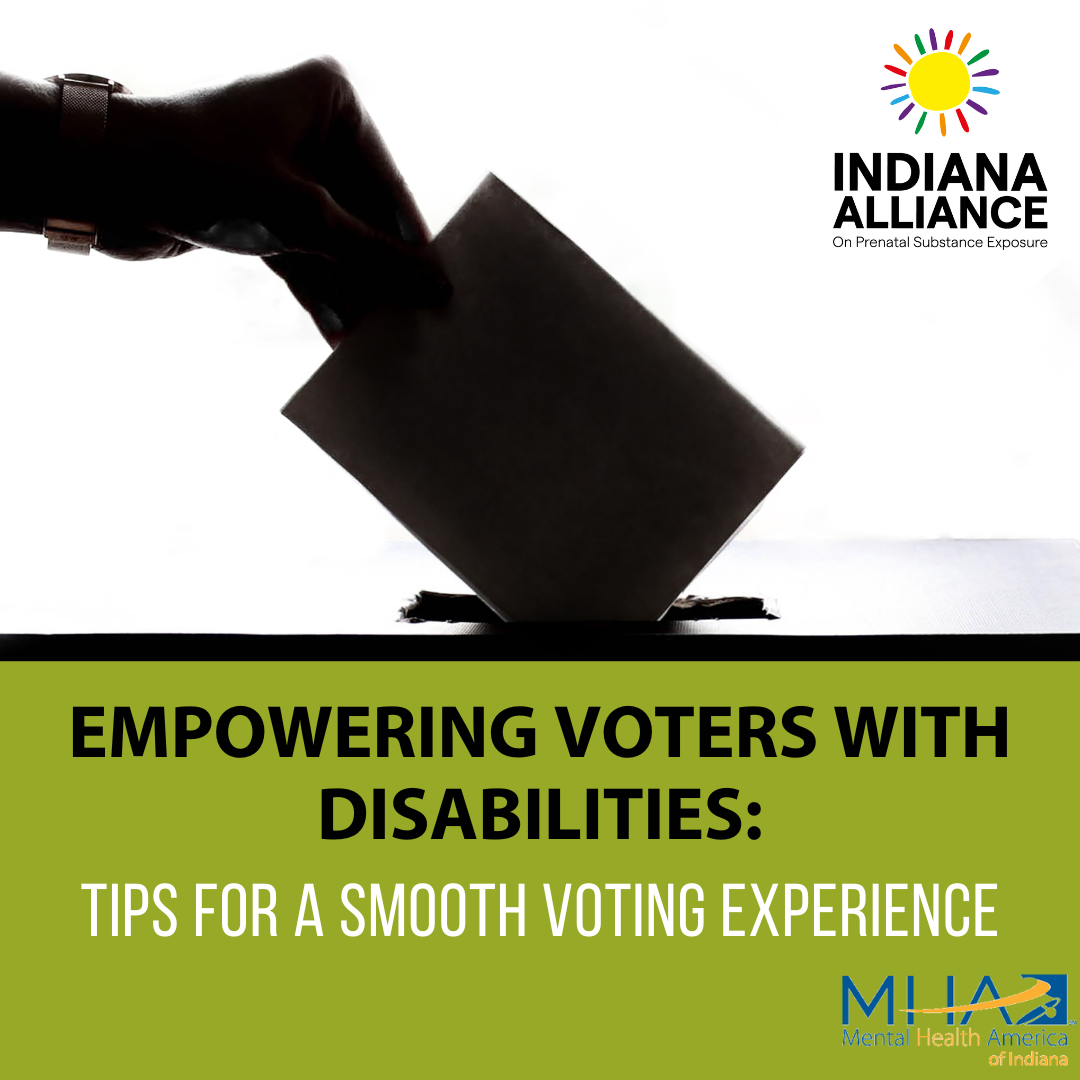
By Jackie Franks, MPH, CHES, CPS
Pregnancy is a critical period in a person’s life, and the choices the pregnant person makes can profoundly influence the health and development of the unborn child. Substance use during pregnancy, including methamphetamine, opiates, marijuana, alcohol, and cocaine, can have varying effects on the developing fetus. Understanding the potential risks associated with each substance is crucial for expectant mothers to make informed decisions for the well-being of their babies.
Methamphetamine:
Methamphetamine use during pregnancy can lead to severe complications. This powerful stimulant can restrict blood flow to the fetus, increasing the risk of premature birth, poor growth, and low birth weight. Some studies have suggested methamphetamine use in pregnancy can increase the chance of high blood pressure, placental abruption, and fetal or infant death. Additionally, methamphetamine exposure may negatively impact the development of the fetal brain and contribute to behavioral issues in the child.
Opiates:
If you are using opiates and find out you are pregnant, please seek care right away. It is important to discontinue opioid use during pregnancy, but stopping suddenly can increase risks during pregnancy. Opioid use during pregnancy can increase the risk for poor fetal growth, stillbirth, preterm delivery, and fetal distress. Additionally, opioid use can result in Neonatal Abstinence Syndrome (NAS). NAS occurs when the baby, after birth, experiences withdrawal symptoms due to exposure to opiates during pregnancy. This can lead to feeding difficulties, irritability, and potential long-term developmental challenges.
Marijuana:
Marijuana is one of the most used substances during pregnancy and while research is still ongoing, there are risks. THC, the psychoactive compound in marijuana, can cross the placenta and reach the fetus. Risks include greater likelihood of miscarriage and stillbirth, preeclampsia, low birth weight, and smaller head circumference. Prenatal marijuana exposure is also linked to increased likelihood of NICU admissions and poor developmental outcomes such as verbal reasoning, memory tasks, language comprehension, and visual and perceptual functions. Lower achievement scores in reading, spelling, and math have also been linked to children who had been prenatally exposed to marijuana.
Alcohol:
Alcohol is well-known for its harmful effects on fetal development, leading to a range of conditions collectively known as Fetal Alcohol Spectrum Disorders (FASD). These disorders can cause physical, cognitive, and behavioral abnormalities, and the severity depends on the timing and amount of alcohol consumed during pregnancy.
Cocaine:
Cocaine use during pregnancy can result in restricted blood flow, potentially leading to placental abruption and fetal distress. Babies exposed to cocaine may be born prematurely and can have low birth weight and abnormalities of the brain, skull, face, eyes, heart, limbs, intestines, genitals, and urinary tract. Additionally, long-term developmental issues and behavioral challenges have been associated with prenatal cocaine exposure.
In conclusion, substance use during pregnancy poses significant risks to the developing fetus. Pregnant individuals are strongly advised to seek guidance from healthcare professionals to address any substance use issues and ensure a healthier pregnancy outcome. Prenatal care, education, and support play crucial roles in promoting the well-being of both the expectant mother and her unborn child. It is essential for communities to foster awareness and provide resources to empower pregnant individuals to make informed and healthy choices for the sake of their children’s future.
Resources for Pregnant Persons
If you are struggling with substance use during pregnancy, please reach out to one of the resources below, or contact us for help with finding care.
Indiana Pregnancy Promise Program
A free voluntary program for pregnant Medicaid members who currently use or have used opioids.
Fresh Start Recovery Center- Volunteers of America
This program serves pregnant women and mothers struggling with addiction and uniquely allows mothers and children to remain together during treatment.
Indiana Recovery Network
Connect to peer recovery services around Indiana.
References
National Library of Medicine. July 2022. Mother to Baby Fact Sheets, Cocaine. https://www.ncbi.nlm.nih.gov/books/NBK582649/
National Library of Medicine. Sept 2022. Mother to Baby Fact Sheets, Methamphetamine. https://www.ncbi.nlm.nih.gov/books/NBK582832/
National Library of Medicine. January 2022. Mother to Baby Fact Sheets, Heroin. https://www.ncbi.nlm.nih.gov/books/NBK582745/
Shukla & Doshi. (2023). Marijuana and Maternal, Perinatal, and Neonatal Outcomes. https://www.ncbi.nlm.nih.gov/books/NBK570616/









